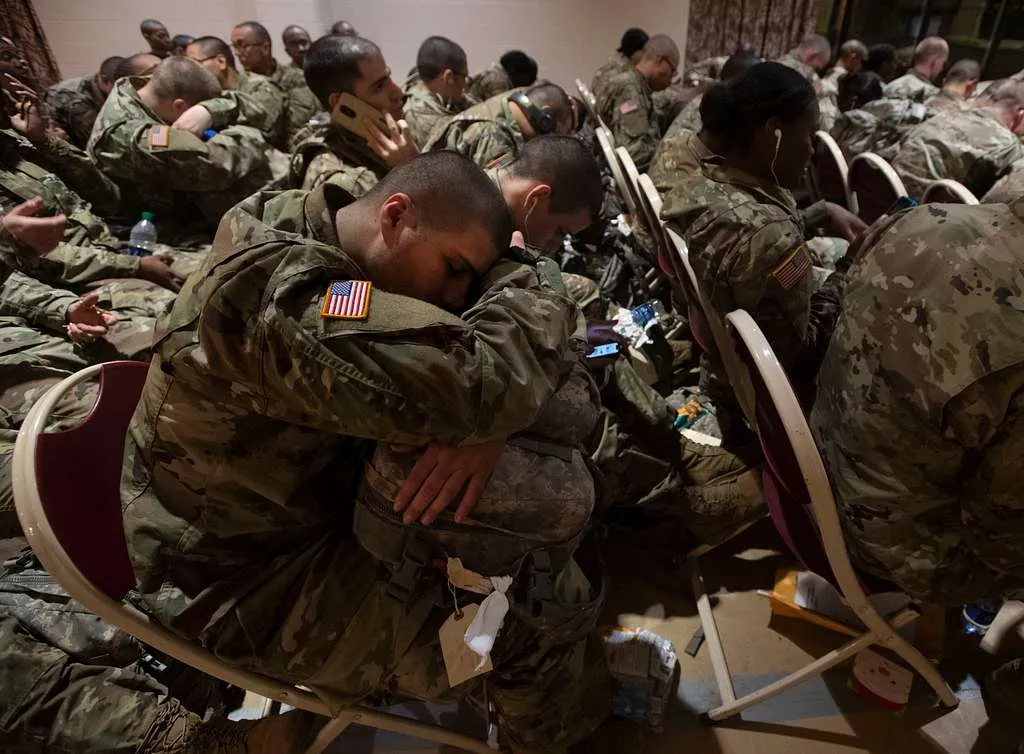While the Anglo-American empire is escalating its nuclear confrontation with Russia, the U.S. Army is worried that it wouldn’t survive on a nuclear battlefield. National Defense magazine reported yesterday that last September, the Army Science Board completed a report entitled “An Independent Assessment of the Army’s Ability To Fight and Win on a Nuclear Battlefield.” The report itself is classified and not available to the public, but Army officials have reportedly been talking about some of its conclusions.
Craig Campbell, principal director in the Office of the Deputy Assistant Secretary of Defense for Threat Reduction and Arms Control, speaking at the spring meeting of the National Defense Industrial Association’s Chemical, Biological, Radiological and Nuclear Division, said if a nuclear fight did break out overseas in regions such as Europe or the Indo-Pacific, it would be a bad day for U.S. forces. “We may be able to operate in the United States, but we would not be able to operate in Eucom, Indo-Pacom or any other combatant commands. We would fail. That’s where we’re at,” he reportedly said. “We have gaps that are much broader and gaps that span the breadth of the … environment from doctrine, operations to matériel,” he said.
Campbell’s office has established a new radiological and nuclear defense capabilities development program but he admitted to reporters afterwards that its budget is a paltry $4.3 million a year. “We hope to grow it,” Campbell added.
“We’re no longer at a point of risk in this mission space. We’re actually gambling in this mission space because of a lack of knowledge and awareness, lack of education, lack of readiness and preparation,” said retired Army Brig. Gen. William King IV, NDIA’s CBRN Division chair.
The National Guard, which has a mandate to deal with the aftermath of a nuclear detonation or accident in the United States, has been the lone voice in the military advocating for new equipment over the past two decades, panelists noted. But the National Guard and its Weapons of Mass Destruction Civil Support Teams are not oriented to operations outside of U.S. territory.



